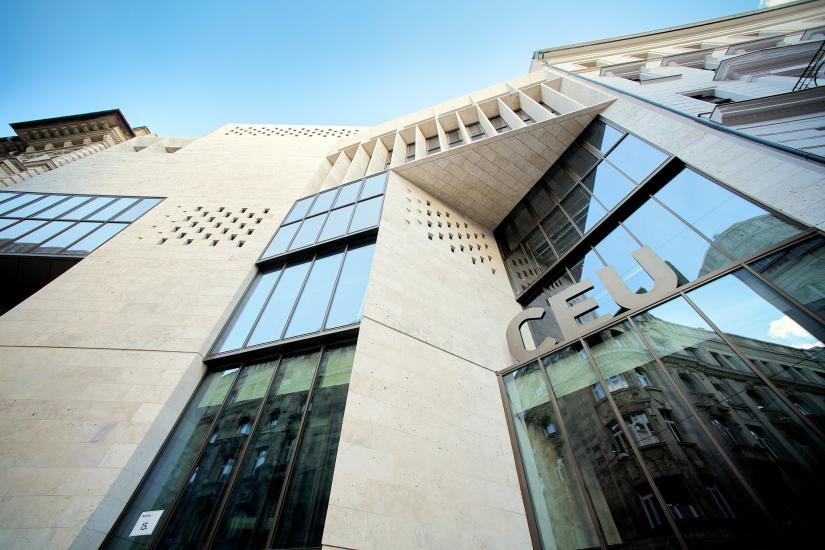
In the second century CE, two problems of self-identity were becoming acute for Christian thinkers, teachers, and movement leaders hoping to instruct both confused insiders and skeptical outsiders: Christianity’s historical and theological relationship to Judaism needed to be properly conceived and articulated, and the wide range of internal diversity of Christian belief and practice likewise needed to be properly diagnosed and explained. At the same time, some texts written in the apostolic generation, such as the Gospels according to Matthew and John and the letters of Paul, were coming to be perceived as having the same written authority as the “scriptures” inherited from ancient Judaism, and could thus be used as hermeneutical controls on, for example, the stories of Moses receiving the Law from God at Sinai as found in Exodus and Deuteronomy. However, as these apostolic texts were written by a diverse set of authors who understood the early Christ movement differently, they contained their own set of exegetical problems when combined with one another. The overall research project is one of the reception histories of the Pentateuch among heterodox Christian groups in the second to fifth centuries. This presentation will introduce some key figures and texts, and outline the broader research project.
David Jorgensen is a Junior Fellow at IAS CEU. He researches the social and intellectual history of Christians and Jews in the ancient Mediterranean basin, with a focus on the reception of biblical texts in patristic and heterodox Christian literature. His doctoral dissertation (Princeton, 2014) won the 2015 Society of Biblical Literature – De Gruyter Prize for Biblical Studies and Reception History, and was published in revised form with Walter de Gruyter in 2016 as Treasure Hidden in a Field: Early Christian Reception of the Gospel of Matthew. At CEU, David has started to work on a new research project on the reception of the Pentateuch among heterodox Christian groups in the second to fifth centuries.